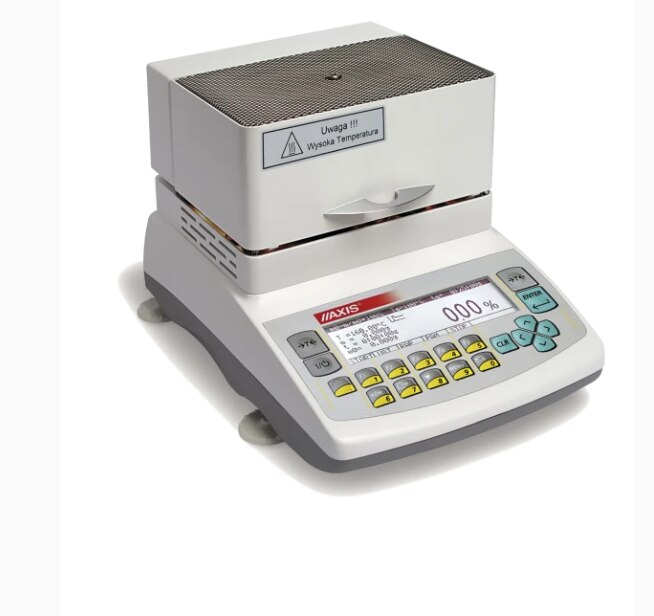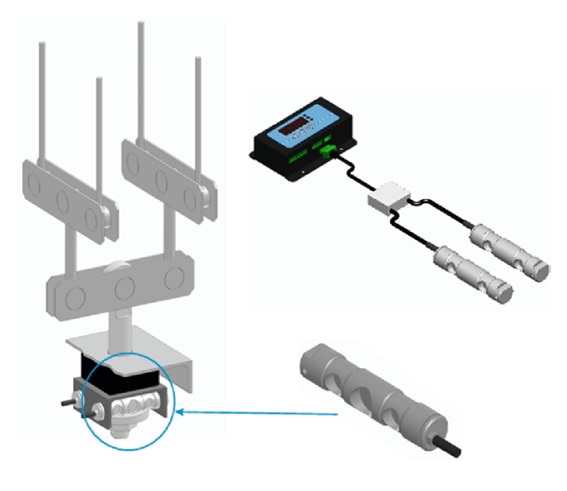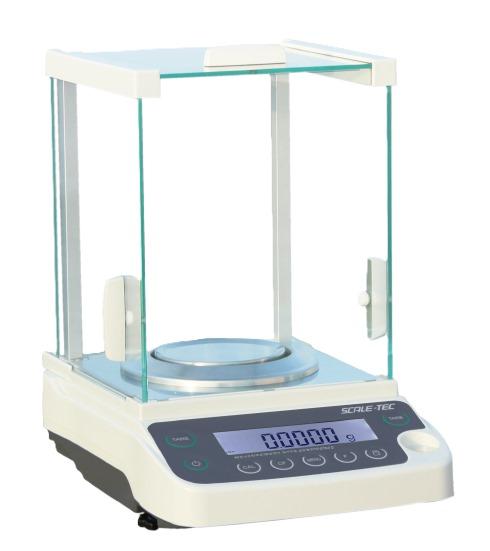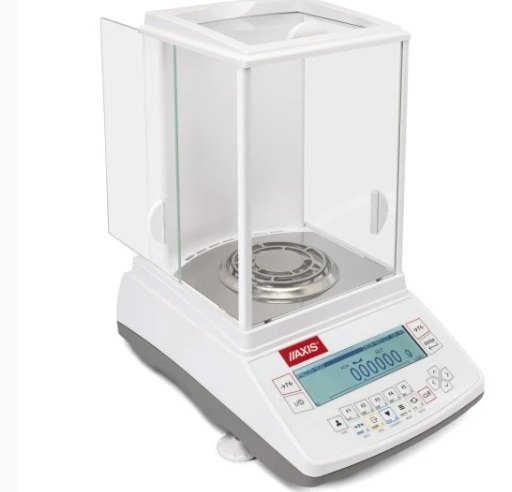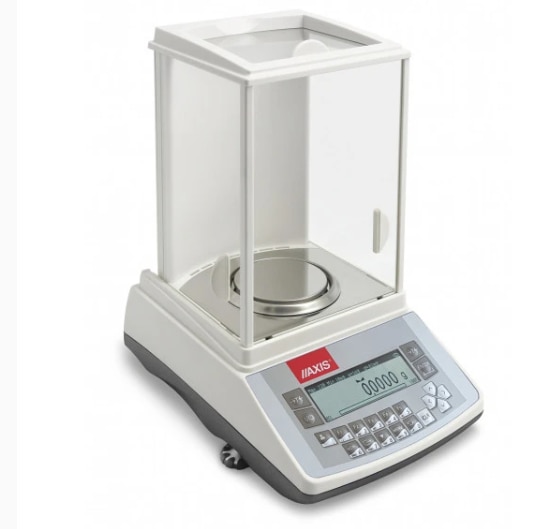Description
Product details
Ensure product quality and regulatory compliance with the AXIS POLAND AGS Moisture Analyzer. Engineered in Poland for rigorous industrial and laboratory environments, the AGS series combines speed, reliability, and precision to deliver moisture content results you can trust. Moisture analyzers are used for quick and precise determination of material humidity upon the basis of weight loss during drying of its small sample (thermo-gravimetrical method). The RS232C / USB connection (in standard) permits to connect a printer or a computer in order to print receipts, reports or further processing weighing results. Capacity [max] 50g - 210g Readability [d] 0,1mg - 1mg (0.001% / 0.01%) Halogen radiators or Infrared heater Temperature Range 0 to 1600C and 0 to 2500C Graphical display Drying chart displaying Different Drying profiles USB, RS232C and PS2 interface Key Features & Advantages: • Rapid Halogen Drying Technology: Achieves stable temperatures quickly and ensures consistent, repeatable drying profiles, significantly reducing test cycle times. • Exceptional Readability & Capacity: 0.001%/0.01% from 60g to 200g '. • Application: making it ideal for pharmaceutical, chemical, and delicate material testing. • Intuitive Operation: Features a large Graphical LCD interface with pre-programmed testing methods for quick setup and minimal operator training. • Data Integrity: Equipped with advanced connectivity (USB, RS232) for easy data export, reporting, and integration with your existing Quality Management Systems (QMS) & GLP/GMP compliance standards. • Free Computer Software: The program allows easy management of measurements taken along with reports, as well as printing and exporting data to popular files such as: PDF or .csv (Excel). The program draws an accurate drying graph of the moisture. Setting the moisture analyzer operating parameters and archiving these settings corresponding to the materials used is much easier. Application: Food and Beverage Industry | Pharmaceutical and Chemical Industries | Plastics and Packaging | Agriculture and Environmental Testing | Construction and Materials • Quality Control: Ensures baked goods, snack foods, cereals, and dry mixes have the correct texture, crunch, and consistency. • Shelf Life Determination: Moisture levels directly impact the growth of microorganisms and the potential for spoilage. Controlling moisture extends product shelf life. • Ingredient Cost: Raw ingredients (like flours and grains) are often sold by weight; accurate moisture measurement ensures fair pricing and prevents buying excess water. • Processing Control: Monitoring moisture in products like powdered milk, coffee, tea, and grains during drying and roasting processes • Drug Stability: Moisture can degrade active pharmaceutical ingredients (APIs). Strict control is necessary to guarantee the shelf life of tablets, capsules, and powders. • Manufacturing: Ensures the correct moisture level for granulation and compression during tablet production. • Raw Material Testing: Verifying moisture content in excipients, chemical powders, and compounds before use. • Quality Assurance (QA): Final product testing to meet pharmacopeial standards (like USP or EP). • Plastic Resin Drying: Many plastic polymers (like PET, Nylon, and ABS) absorb moisture. If not dried properly before molding or extrusion, the water flashes into steam, creating structural defects (splay, bubbles) and reducing the mechanical strength of the final product. • Pre-Processing QC: Ensuring polymer pellets meet specification before they enter the processing machine. • Packaging Materials: Testing moisture in packaging films, papers, and cardboard to maintain barrier properties and print quality. • Grain and Seed Analysis: Determining the correct moisture level for safe storage, preventing mold growth, and verifying commercial value (e.g., in corn, wheat, rice). • Soil and Biomass: Measuring moisture in soil samples for research, construction, and agriculture. • Fertilizers and Animal Feed: Ensuring the stability and nutritional value of feeds and bulk chemicals. • Building Materials: Testing moisture content in wood, gypsum, cement, and plaster to ensure proper curing, stability, and resistance to failure. • Paints and Coatings: Checking solid content and solvent evaporation rates.


